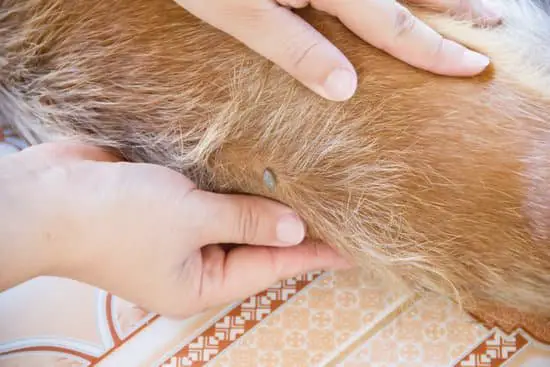Can Dogs Get Fleas With Flea Treatment?
When you’re deciding on a flea control product for your dog, it is important to remember that fleas aren’t the only thing you need to be concerned about. Fleas can carry a number of diseases and parasites, including murine typhus, tularemia, and tapeworms. That’s why it’s important to get your dog checked by a veterinarian. Your vet is also a good resource for the latest information about flea control.
The main thing you can do to prevent fleas from entering your home is to keep your pet from coming into a warm place where fleas can lay their eggs. This means avoiding places like bare floors, sandy areas, and fallen leaves. Also, make sure to clean your house thoroughly. Vacuuming your floor can help to get rid of flea eggs and larvae, as well as their pupae.
It’s important to treat your dog as soon as possible if you suspect he has fleas. Failing to treat fleas in time can cause serious complications. For instance, young puppies can experience chronic anemia due to flea bites. Furthermore, some dogs will develop severe allergies to flea saliva.
Flea bites can be extremely itchy, and for sensitive animals, the itching can become excessive. Itching can also lead to secondary infections. In addition to itching, flea bites can cause hair loss and inflammation in the affected area. During an outbreak of fleas, some pets may experience hair loss and red, inflamed skin.








